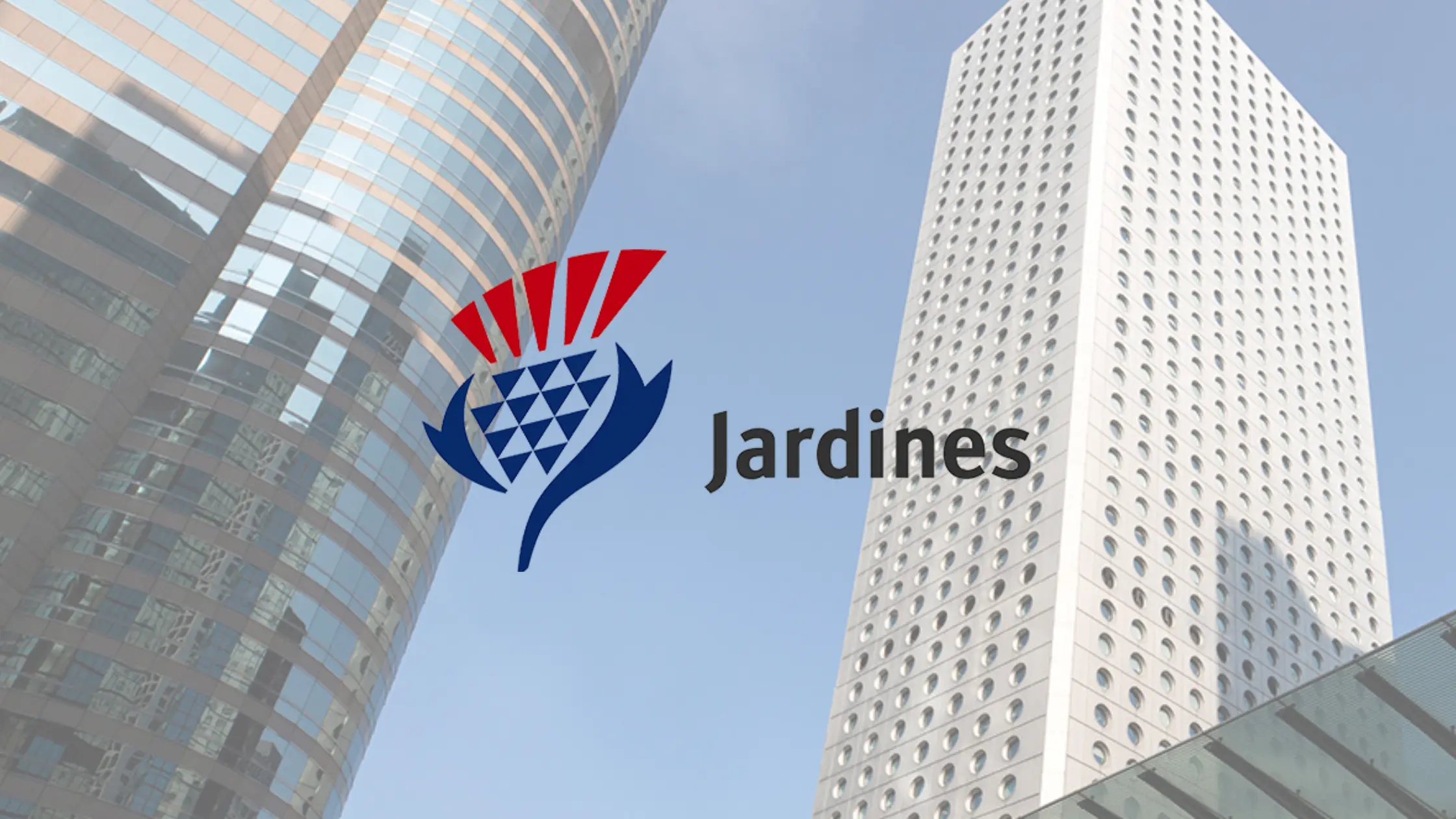Singapore’s key equity benchmark is called the Straits Times Index (STI). So far in 2022, it’s also among the most resilient stock markets in terms of weathering the extreme volatility.
Year-to-date (Ytd), the STI is down only slightly, by 0.85%, but has easily outperformed most of the big global stock markets (see chart below).

Source: TradingView, ProsperUs
Singapore banks support STI’s outperformance
The outperformance of Singapore’s key stock market index was mainly supported by its banking stocks, which account for about half of the STI’s weighting.
DBS Group Holdings Ltd (SGX: D05), Singapore’s largest bank, and Oversea-Chinese Banking Corporation (SGX: O39), also known as OCBC, are up by 1.6% and 3.3% ytd respectively.
Among the three largest banks in Singapore, only United Overseas Bank Ltd (SGX: U11), better known as UOB, is down in 2022 – falling by 2.3% so far this year.
This is in line with the rising interest rate environment, which will boost the net interest margin (NIM) of banks.

Source: TradingView, ProsperUs
Outperformance to continue until Fed pivots
Another reason for the outperformance of the STI, in comparison with the broader global market, is the shift towards value from growth stocks.
Since the STI lacks exposure to technology shares, this has actually benefitted Singapore in the current environment.
This is expected to continue as long as the US Federal Reserve (Fed) remains committed to bringing inflation down to its long-term target rate of 2%.
Currently, inflation is still in the range of around 8%, which is significantly higher than the desired 2% level.
Stay invested with a bias towards defensive stocks
While market volatility is expected to continue with rising interest rates and a potential global recession, investors should stay invested with a bias towards a more defensive strategy.
One such idea is to buy into Singapore’s banking sector, which has proven to be resilient so far in 2022.
Aside from that, long-term investors should take advantage of the selloff in the stock market to build a resilient portfolio.
One of the strategies is to invest in Singapore’s Real Estate Investment Trusts (REITs), which have seen share prices decline by more than double-digit percentages in the weeks following the rate hike announcement.
While REITs are likely to continue to underperform with the continued rate hike cycle, long-term investors can still collect dividend income throughout the market cycle while they wait for the the rate cycles to normalise.
Disclaimer: ProsperUs Investment Coach Billy Toh doesn’t own shares of any companies mentioned.











